By Marianne Matzo, PhD, FAAN
How does COVID-19 cause death and what can help? Inquiring minds want to know.
COVID-19 is a lung (respiratory) virus that invades the breathing (respiratory system). It can infect both the upper and lower respiratory tracts. The COVID-19 virus is called a Novel virus because it is new, and we do not have previous experience with how it behaves.
How does the infection start?
The infection starts from the nose and then goes down to the lungs (so, for all the people I see wearing masks below your noses, please put the mask over your nose AND mouth). In most cases, the virus stays in the upper respiratory tract (everything above the windpipe). Symptoms can include a fever, cough or a sore throat.
If the virus reaches the lungs, it causes inflammation and fluids to build up in the lungs making breathing difficult (shortness of breath). The fluid fills the lung’s air sacs (called pneumonia). The job of the air sacs is to swap carbon dioxide for oxygen (gas exchange). Gas exchange is not effective when you have pneumonia, so the blood oxygen levels fall below normal. What this means is that your tissues and vital organs (brain, heart, kidney, liver, digestive system, muscles, etc.) are not getting the oxygen required to sustain life. Gas exchange is an important and vital function for life that is disrupted during COVID-19 infection.
When the virus enters the air sacs, it interacts with a specific type of cell that lines the sacs called the alveolar cells (type II cells). COVID-19 has spikes that lets it interact with a molecule on the type II alveolar cells which allows it to invade those cells (think of a lock and key).
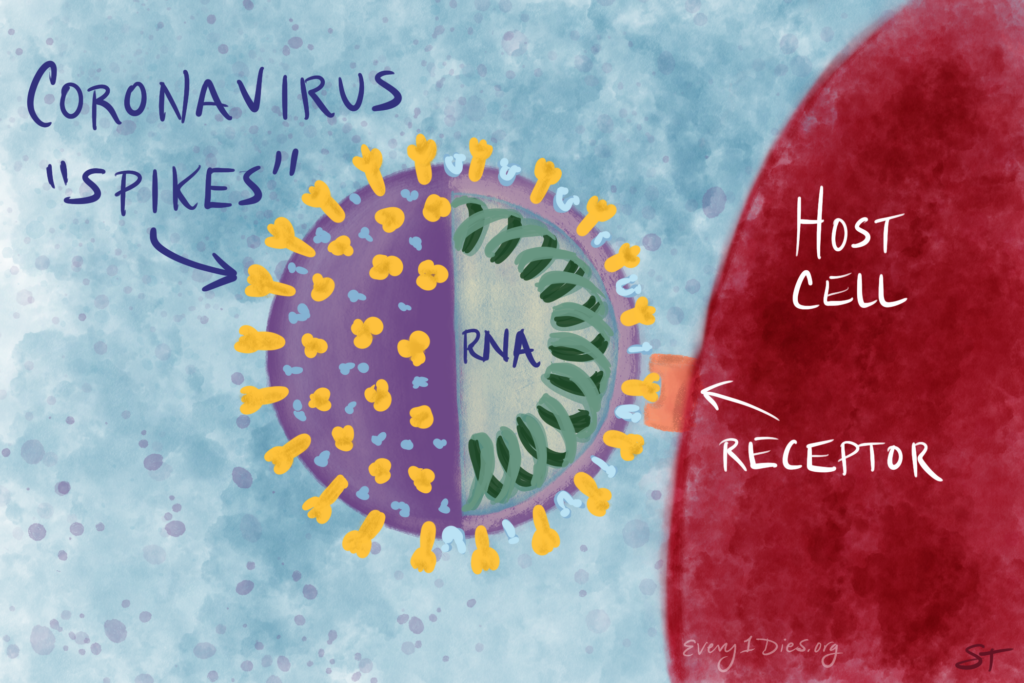
Once COVID-19 gets inside the type II cells it’s going to start to replicate/multiply/divide and create copies of itself until the cell gets destroyed and bursts open. When the cell bursts, it releases hundreds of new virus particles that can go on to infect more cells.
How the immune system responds to the virus’s destruction of the type II cells determines if the body recovers or dies. If you are healthy when you get COVID-19 you have a better chance of recovery. If you’re older with pre-existing conditions (diabetes, obesity, heart/lung/kidney conditions) or you have a compromised immune system, you will have a more difficult time fighting off COVID-19.
A person’s immune system will respond to the virus by causing fever and inflammation. This may cause fluid to leak into the lungs and make breathing even more difficult. This is the point where a breathing machine (ventilator) may be needed to help the person to breath and may spend many weeks in the Intensive Care Unit (ICU).
When you are on a breathing machine you will have a tube down your throat that connects to the breathing machine (you won’t be able to talk). You will be sedated with medicine so you are asleep and may have your hands restrained so you do not pull out the breathing tube. The ventilator will breath for you until you are recovered enough to breath for yourself.
Even with a breathing machine, many people will not survive. People die from Covid-19 when their bodies are unable to heal their lungs.
A weak immune system will not be able to fight off the COVID-19 virus. The 1919 Spanish flu saw many deaths of young people because their overactive immune system responded in an extreme way to the virus causing massive damage in the body and death. We need our immune systems to respond just right and not get carried away.
What should we do to prevent the spread of COVID-19?
What we do know is that to prevent the virus from spreading we need to wash our hands and cough into your sleeve (and please do this forever). Keep contact with others to a minimum, stay at home, and when you do go out, stay 6 feet away from other people. None of this is usual. None of this is normal. All of this is hard. But it is temporary. Out of need for not having more people infected, people are asked to make this sacrifice.
I read on Facebook that some people are outraged by Michigan Governor’s response to requiring these measures (except for essentials) to save lives. I received a response stating the ‘foundation of a free society and the very consciousness of what our great country’s forefathers attempted to document in our constitution. The premise that each free person has God-given sense and the right to decide their own, best choices for themselves, their family, and their loved ones and also to use the same sense not to harm another in the process, particularly those weaker and less fortunate.’
What is missing from these ideas is that her measures, while interfering with our “God-given” right to buy potting soil, may save thousands of Michiganders from dying. When scientist told us to stay home to flatten the curve, many people did not. The government has increased restrictions in proportion to people not taking the guidance seriously until the government responded with increasingly stricter restrictions. And then certain members of our society wonder why the ‘government is trying to control us’. It’s not trying to control you. It is trying to keep people from contracting this Novel virus that is killing people.
So, stay home and if you do go out wear your mask over your nose AND mouth, wash your hands, and sneeze into your elbow. Remember, only you can prevent the spread of COVID-19.


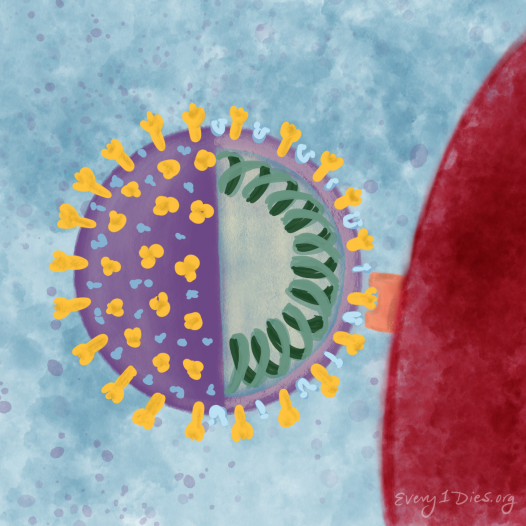

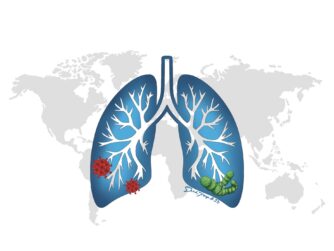
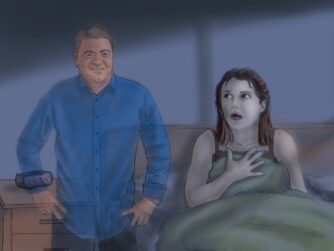
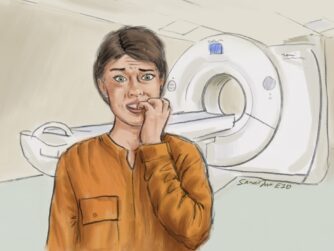
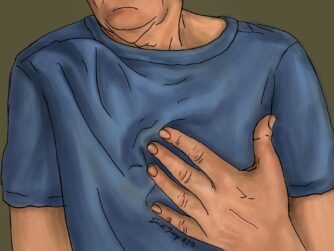

[…] Every1Dies Blog post – How does COVID-19 cause death and what can help? […]